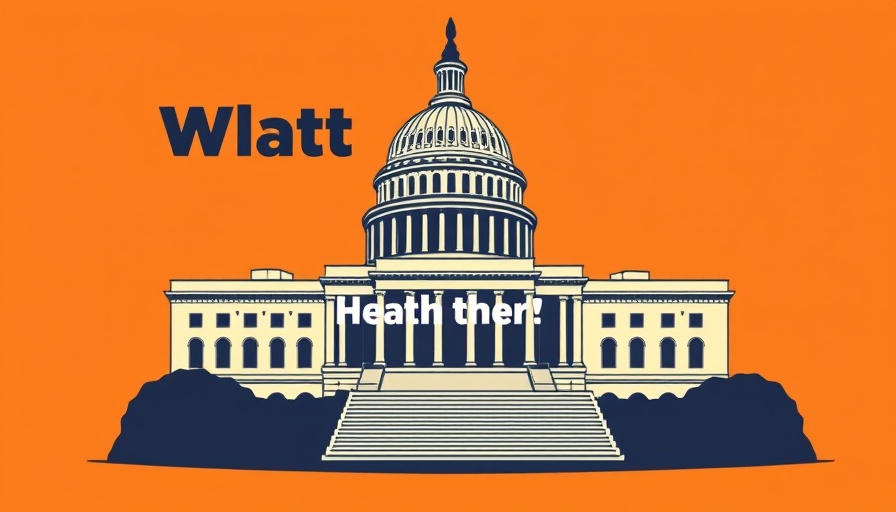
The Vaccine Advisory Committee in a Turbulent Era
This past week marked a significant upheaval in vaccine policy as Health and Human Services Secretary Robert F. Kennedy Jr. dismissed all 17 members of the Advisory Committee on Immunization Practices (ACIP) amidst rising skepticism about vaccines. This advisory body traditionally provides crucial guidance to the CDC on evidence-based vaccine recommendations, and Kennedy's unilateral changes included appointing new members known for their doubtful stance on vaccines.
A Dissenting Voice from the NIH
The move provoked a strong reaction from employees at the National Institutes of Health (NIH) where roughly 300 staff members signed a letter of dissent, termed the "Bethesda Declaration." Their concerns highlight the belief that the recent actions threaten both the integrity of NIH's mission and the health of Americans.
Raising Concerns about National Health Preparedness
In tandem with the upheaval in vaccine policy, the Department of Health and Human Services (HHS) canceled essential private-sector contracts focused on mRNA technology that could aid in developing vaccines for infectious diseases like bird flu and HIV. This cancellation raises alarms about the country’s preparedness against public health threats that could arise in the future, especially given the uncertain and rapidly evolving landscape of infectious diseases.
Planned Reforms Amidst Controversy
Adding to the whirlwind, lawmakers are now contemplating revisions to Medicare regulations to curtail practices such as "upcoding," which allows medical providers to inflate diagnoses and charges. Bipartisan support for these reforms signals a crucial step toward improving efficiency in health expenditure while protecting frontline healthcare services.
Looking to the Future of Vaccine Policy
The implications of Kennedy's decisions extend beyond immediate public health concerns. As debates about vaccine efficacy and safety heat up, the future trajectory of vaccine administration policies could face increased scrutiny. Policymakers must weigh the balance between scientific guidance and political influence to ensure public trust in vaccination programs.
 Add Row
Add Row  Add
Add 




 Add Row
Add Row  Add
Add 



Write A Comment